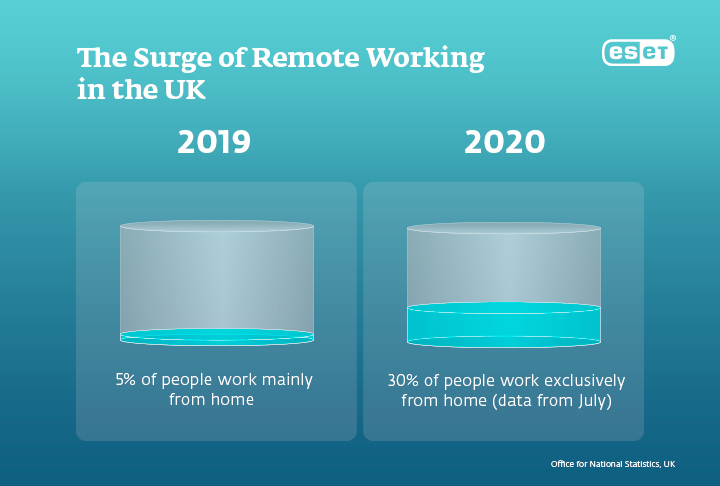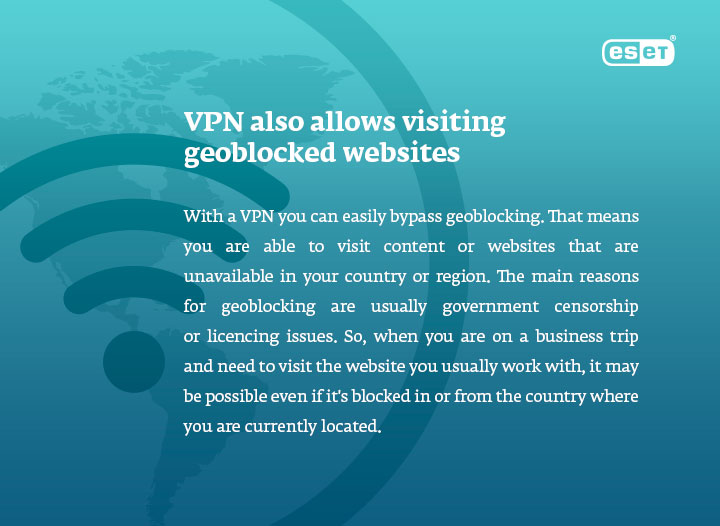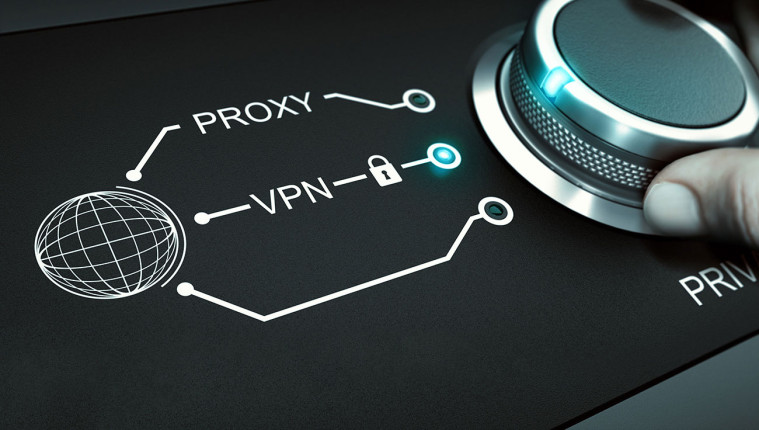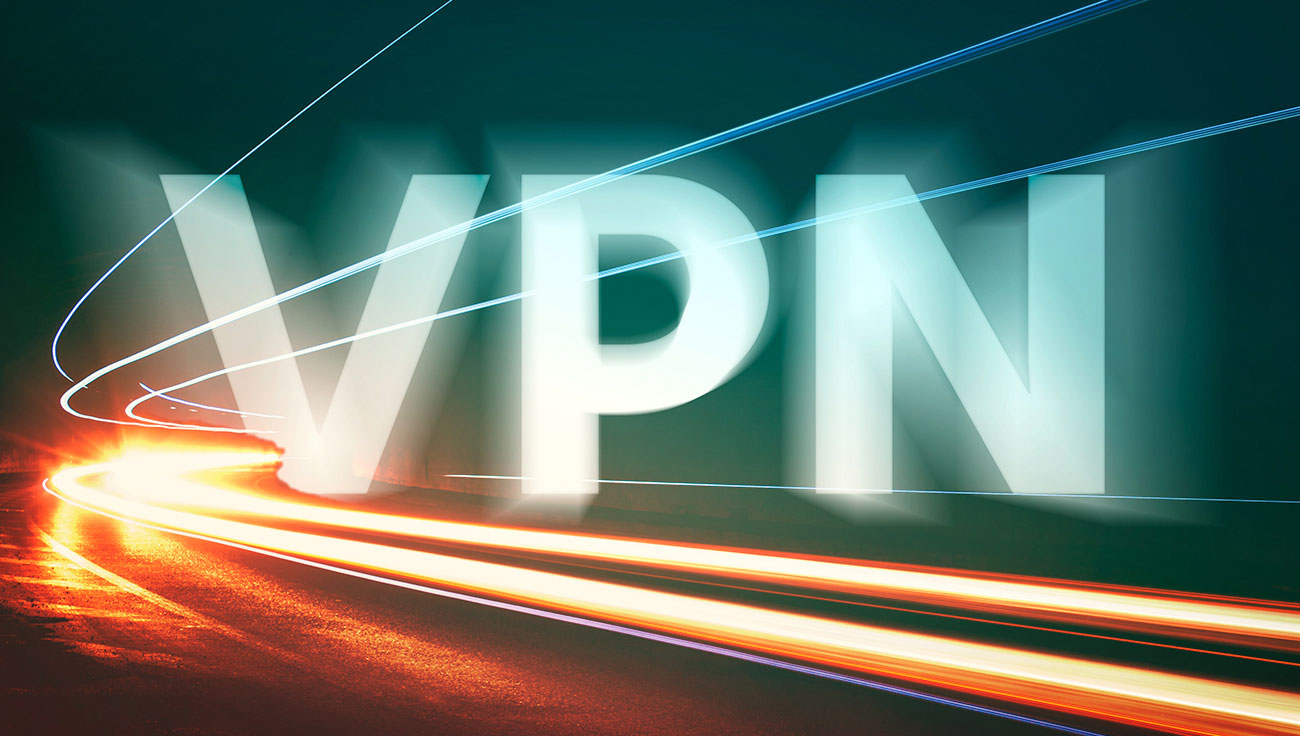Usually, using a VPN in a company is nothing new for IT admins. Times have changed, however – and so has the path to effective security: it is no longer just about the in-house technology and devices. The rise of remote working and accelerated digitalisation have made the VPN even more relevant. Here’s what the VPN gives you in return.
1. Remote workers won't put you at risk anymore
Before the COVID-19 pandemic, many companies had let their employees work from home. However, not to the same extent as now.
In 2019, more than 26 million Americans—about 16% of the total workforce— worked remotely at least part of the time, according to the U.S. Bureau of Labor Statistics. In May 2020, multiple independent sources state that around two-thirds of the US workforce was working remotely due to the COVID-19 pandemic.

With more employees working remotely, IT admins have enough reasons to want to ensure a secure VPN connection for everyone. We have witnessed how the number of cyberattacks increased during the lockdowns, as many organisations had to rapidly deploy new network infrastructure to shift their entire workforce to teleworking.
More than 20,000 coronavirus-related cybersecurity threats had been reported to the FBI’s Internet Crime Complaint Center in early June 2020 alone. Some of these cyberthreats were related to vulnerabilities in VPNs, but that doesn’t mean that a VPN solution is not trustworthy – it just has to be set up correctly, alongside endpoint security solutions and data encryption systems. Any threats posed by the behaviour of employees who work online and connect to an insecure home network cannot be ignored: when they are connected to the internet without using a VPN, anyone with the necessary skills can see their IP address and easily gather information about their data and identity. But with a VPN solution, an encrypted tunnel between them and the VPN server is created and usually all traffic to the internet and back goes through this tunnel, so a malicious observer will only see the IP address of the VPN and traffic, which is encrypted.
2. Rapidly evolving technologies will threaten you a little less
Emerging “offices of the future” with IoT devices, facial recognition systems, VR and AR technologies, automation and a different attitude towards the work environment – all these upcoming trends have something in common: growing demands on the field of IT security.
You already know that the internet has many flaws that hackers benefit from, so there is no reason to skip another layer of protection that the VPN provides. It just gives your employees more privacy and makes it much more difficult for a third party to access network traffic from your employees’ computers (or other devices). A VPN can prevent cybercriminals from accessing your personal information by creating a secure and encrypted connection between your computer and a VPN server.
3. You are going to feel safer when your employees are travelling
If you are concerned about your online privacy and you really want to protect the business from data leaks and cyberattacks, you probably want to keep all company devices safe at all times. A VPN can protect your employees even when they are on holiday – for example, problems can occur when a colleague who needs advice on an urgent work problem calls someone via Messenger or WhatsApp while using unsecured and public Wi-Fi. Hackers can use public Wi-Fi connections to gain access to the user’s location, visited websites, personal communication, files, photos or login credentials. The VPN masks the real IP address and sends encrypted data, which partly helps to thwart all these privacy invasions.

4. Internet without spam and malicious websites
Some VPN services also help you deal with spam, malicious websites and annoying malware. How? Mostly thanks to their ability to block malicious websites. Does it sound like no big deal for your company? Remember that a hacker can tamper with your employees' routers, so when they open up a browser window, they are automatically routed to a malicious website that can download malware to their devices. With a VPN, your employees’ devices cannot be rerouted by a compromised router, as the router only sees an encrypted stream flowing from the device to your VPN server and it doesn’t allow browsers to open malicious websites.



